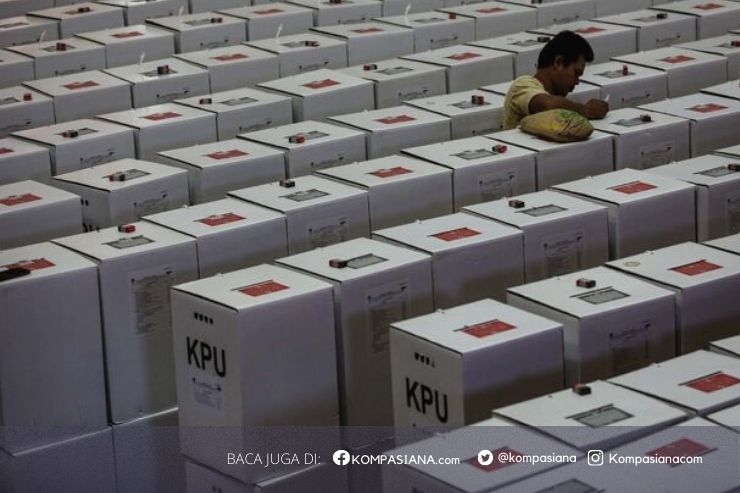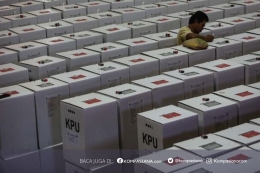Anthony: "But for how long? I don't even know what's real anymore."
Anne: "Whatever happens, I'll be here. You're not alone."
Anthony: "I feel like I'm losing everything... even myself," encapsulates the existential crisis often experienced by those living with dementia.
(Zeller, 2020, 01:29:46)
The effects of dementia are shown In this scenario, with a particular emphasis on the emotions of isolation and anxiety that persons experience, as well as the profound concerns that they have about their lives. Anthony, a patient who suffers from dementia, regularly has a great sense of loss and has the consistent perception that he is deteriorating. As his mind continues to disintegrate, he feels disconnected from his surroundings, the people he cares about, and the very nature of his existence. There is a sense of calm evoked by Anne's consistent presence. Nonetheless, the emotional strain Anthony and Anne experience underscores the loneliness and misery associated with dementia. From the progression of the disease, The Father shows how challenging it is indeed to fix relationship, honor, and identity. But dementia weakens Anthony's confidence, and Anne makes him feel better, which shows how valuable interlocutors are for comfort.
V. CONCLUSION
Focusing on its effects on memory, communication, and identity, The Father (2020) offers a rather realistic and emotive depiction of dementia. Through Anthony Hopkins's character, the movie offers insightful analysis of the cognitive loss defining dementia. With Anthony's frequent queries, uncertainty about past and present, and incapacity to identify individuals closest to him, memory loss comes out as a major symptom highlighting the challenges dementia patients have in preserving and processing information. His language breakdown, characterized by disjointed speech and trouble following conversations, mirrors the cognitive deficits in both language comprehension and production seen in dementia sufferers. Moreover, the emotional toll of dementia is shown in the tense connection Anthony has with his daughter Anne. This indicates Anne was stressed and Anne is becoming noticeably down with the load of caring plus increasing reliance further confirms the fall of autonomy and the fall of self identity. These emotional aspects spread over the times when both Anthony and Anne suffer from exceedingly remote relationship with exceedingly extreme grief. The Father then asks the reader to imagine the miraculous human experience of dementia, not just physical but emotional and relational breakdown as a result of cognitive loss. The video calls to awareness in Anthony's trip propels the necessary empathy, connection and understanding to help those with dementia and remind us of the human side that is often forgotten with the discussions around the illness.
REFERENCES
Capstick, A., Chatwin, J., & La Fontaine, J. (2015). Challenging representations of dementia in contemporary Western fiction film. Journal of Aging Studies, 34(1), 74--84. https://doi.org/10.1016/j.jaging.2015.01.001
Ellis, A. W., & Young, A. W. (2010). Human cognitive neuropsychology: A textbook with readings. Psychology Press.
Field, J. (2003). Psycholinguistics: A resource book for students. Routledge.







